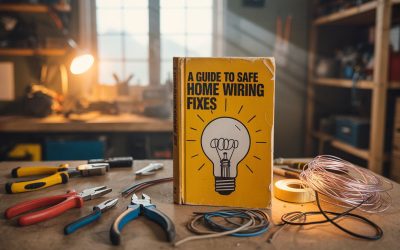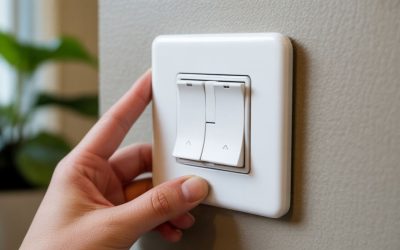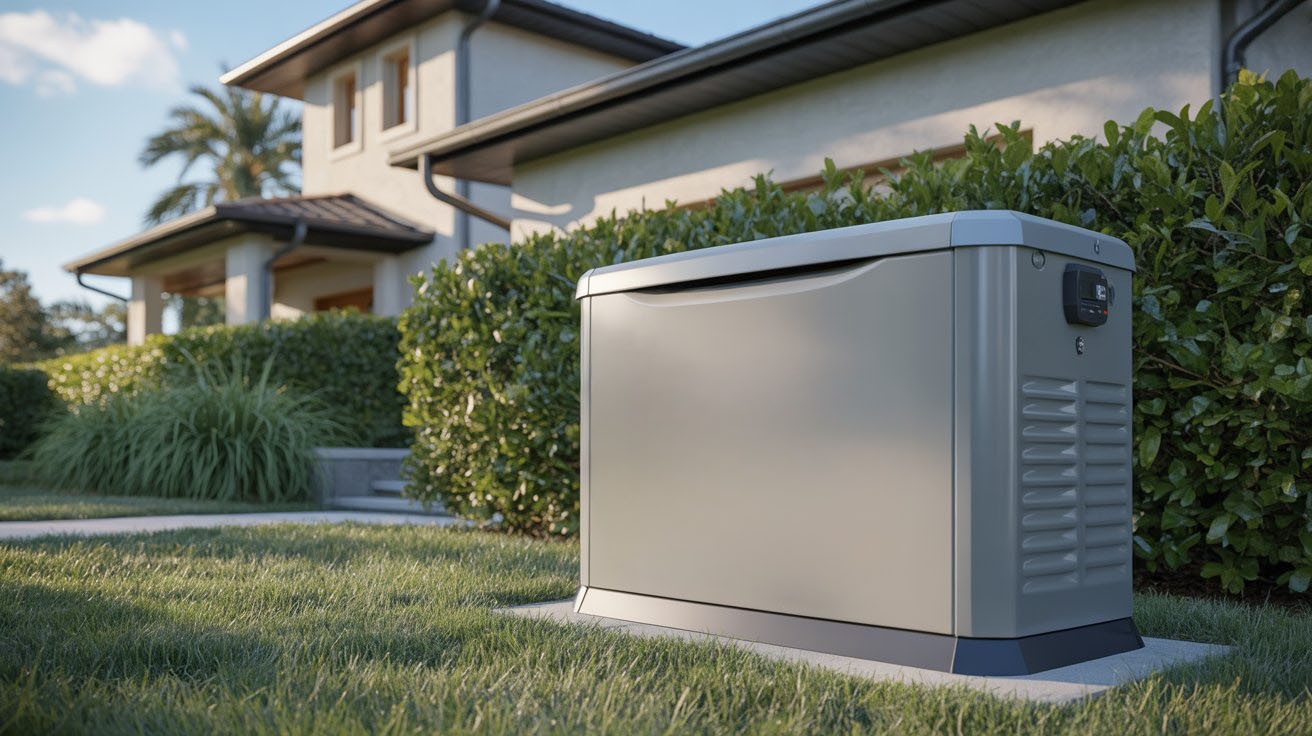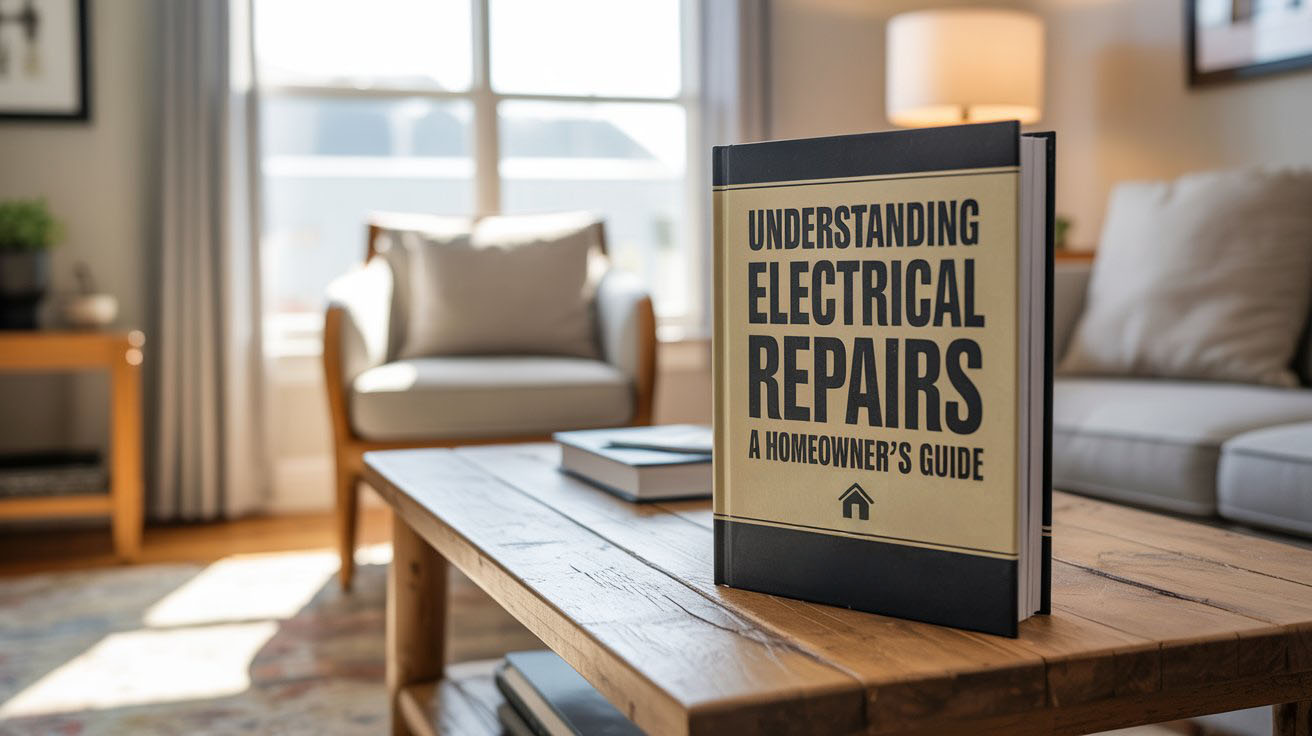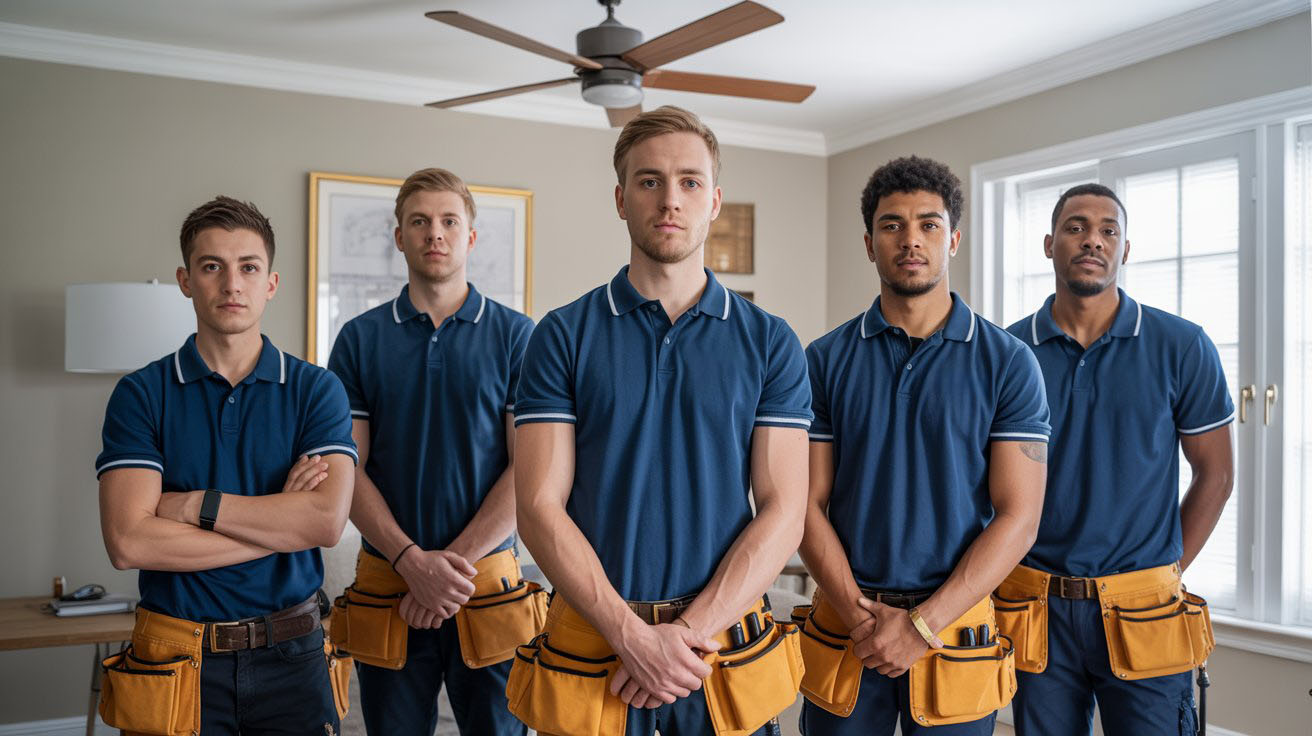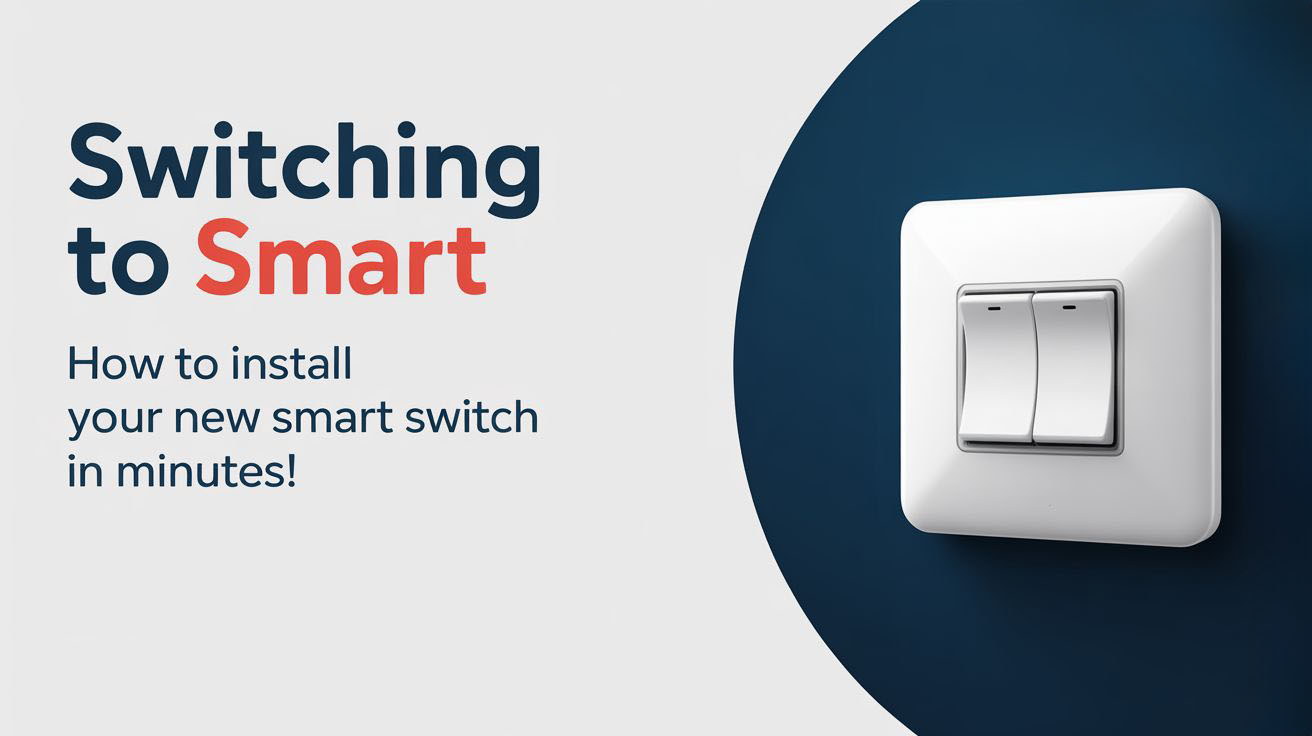Are you considering solar panel installation for your home? Beyond being eco-friendly, solar energy offers significant savings on your electricity bills. This article explores how investing in solar panels can lead to amazing financial benefits and how electrician services play a key role in making that transition seamless.
Table of Contents
- Benefits of Solar Energy
- Cost-Saving Potential
- Government Incentives and Rebates
- Choosing the Right Electrician for Installation
- Maintenance and Efficiency of Solar Panels
- Key Takeaways
- FAQ
- Take the Next Step for Your Home’s Safety
Benefits of Solar Energy
Solar energy harnesses sunlight through panels placed on rooftops or in yards. This energy can power your home and reduce your reliance on traditional electric sources. Some of the main benefits include:
- Renewable Energy Source: Sunlight is plentiful and available every day.
- Environmentally Friendly: Solar energy reduces your carbon footprint and helps combat climate change.
- Increased Home Value: Homes with solar panels often have higher market values.
Choosing solar energy supports a clean and sustainable future. Not only do you invest in your home, but you also contribute to a healthier planet.
Cost-Saving Potential
The financial savings from solar panels can be significant over time. Here’s how they pay off:
- Lower Electricity Bills: Solar panels can dramatically decrease your monthly electricity expenses.
- Energy Independence: Generating your own power means you are less affected by rising electricity costs.
- Net Metering: Many states allow you to sell excess energy back to the grid, providing additional savings.
Understanding the long-term savings can make solar panels a smart investment for homeowners. As you save, you can redirect those funds towards other home improvements or family activities.
Government Incentives and Rebates
Many governments offer financial incentives to encourage solar panel installations. These incentives can significantly reduce the initial investment, making solar more accessible. Some options include:
- Federal Solar Tax Credit: Homeowners can deduct a percentage of the cost of installing solar panels from their federal taxes.
- State and Local Rebates: Various states offer their own rebates, helping to reduce upfront costs.
- Sales Tax Exemptions: Some areas exempt solar products from state sales taxes, providing further savings.
By taking advantage of these incentives, you can make solar energy more affordable and appealing.
Choosing the Right Electrician for Installation
Selecting a qualified electrician is crucial for a successful solar panel installation. Here’s what to consider:
- Experience: Look for an electrician who specializes in solar installations.
- Licensing and Certification: Ensure they have appropriate licenses and certifications.
- Reputation: Read reviews and ask for recommendations from friends and family.
A skilled electrician will ensure your system is installed correctly and efficiently, maximizing its energy production.
Maintenance and Efficiency of Solar Panels
While solar panels require minimal maintenance, regular check-ups can maintain efficiency. Here are some maintenance tips:
- Clean Regularly: Dust and debris can obstruct sunlight. Clean the panels with water or hire a professional.
- Monitor Performance: Keep track of energy production to identify any decreases in efficiency.
- Regular Inspections: Schedule annual inspections with your electrician to ensure all components are functioning well.
Effective maintenance can help bolster the longevity of your solar panels, ensuring they serve you well for years.
Key Takeaways
– Solar energy is environmentally friendly and cost-effective.
– Significant long-term savings on electricity bills can be realized.
– Government incentives make solar power more accessible.
– Choosing a qualified electrician is vital for a smooth installation.
– Regular maintenance helps ensure optimal performance of your solar panels.
FAQ
What are the upfront costs associated with solar panel installation?
Upfront costs can vary widely but typically include the price of panels, installation, and any necessary electrical upgrades. Most homeowners find that incentives and financing options can help offset these costs.
How long does it take to install solar panels?
Installation usually takes one to three days, depending on the system size and complexity. Your electrician will provide a more accurate timeline during the evaluation.
What happens if I sell my house with solar panels?
Solar panels can increase your home’s value. Many buyers are willing to pay more for homes with solar energy systems. You can also transfer the solar lease or power purchase agreement to the new owner.
Do solar panels work in cloudy weather?
Yes, solar panels can still generate electricity on cloudy days, though their efficiency may be slightly reduced. They are designed to capture diffused sunlight.
How long do solar panels last?
Most solar panels come with a 25-year warranty, and many continue to generate energy well beyond that timeframe, depending on maintenance and environmental conditions.
Take the Next Step for Your Home’s Safety
Are you ready to improve your home with solar panel installation? Don’t hesitate to reach out for expert assistance. An experienced electrician can guide you through the process, ensuring everything runs smoothly. For more information, please Contact Us today to discuss your solar energy options!


